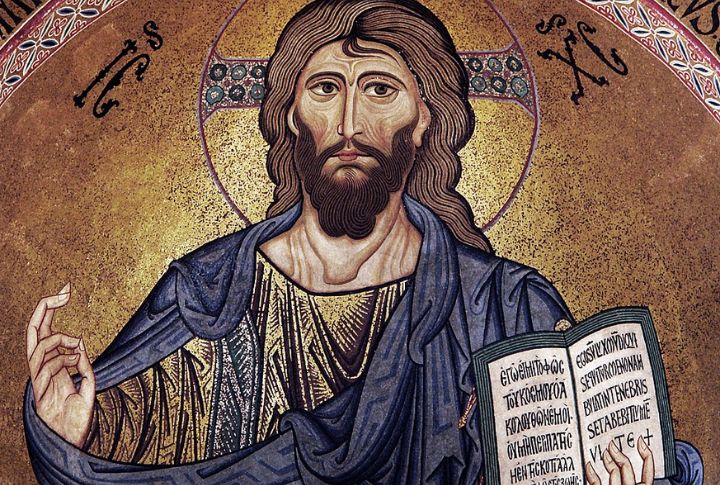
Faith isn’t always neat or easy to swallow — especially when Jesus drops lines that still rattle us centuries later. Some sound poetic, others downright shocking, yet all of them make us pause and blink twice. Let’s explore these unforgettable sayings that continue to poke and lovingly mess with our modern minds.
“Love Your Enemies”
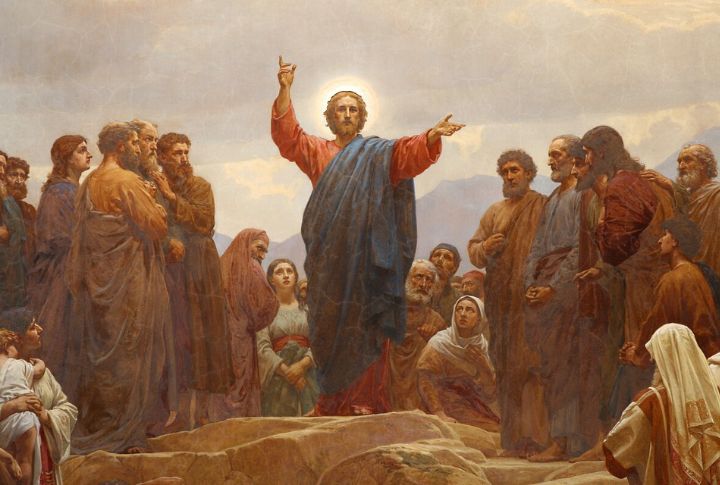
Jesus’ call to “Love Your Enemies” shattered cultural expectations. While ancient moral systems endorsed retaliation, Jesus demanded radical compassion. Found in both Matthew and Luke, it upended the “eye for an eye” ethic. Dr. Martin Luther King Jr. drew from it often, emphasizing agape—love rooted in action, not emotion. Centuries later, this teaching still stirs moral debate.
“Turn The Other Cheek”
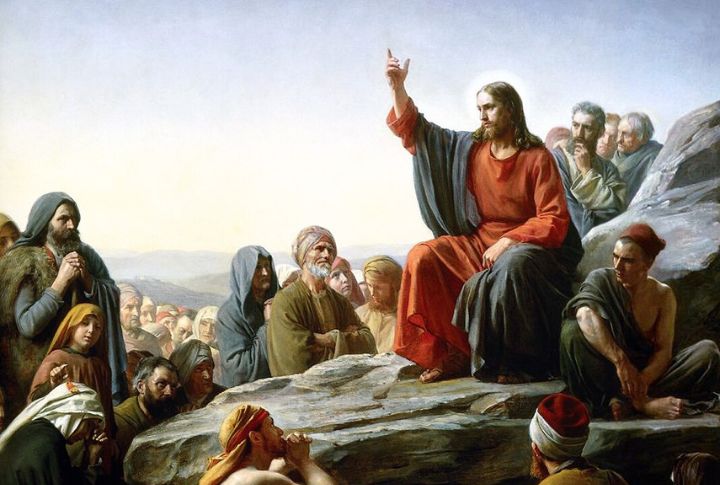
In Matthew 5:39, Jesus offers a striking counter to vengeance: “Turn the Other Cheek.” Roman law supported payback, yet Jesus urged a disarming response. Scholars today see this not as a weakness, but as moral strength. Gandhi embraced it fully and used it to power a revolution without lifting a sword.
“Blessed Are The Poor In Spirit”
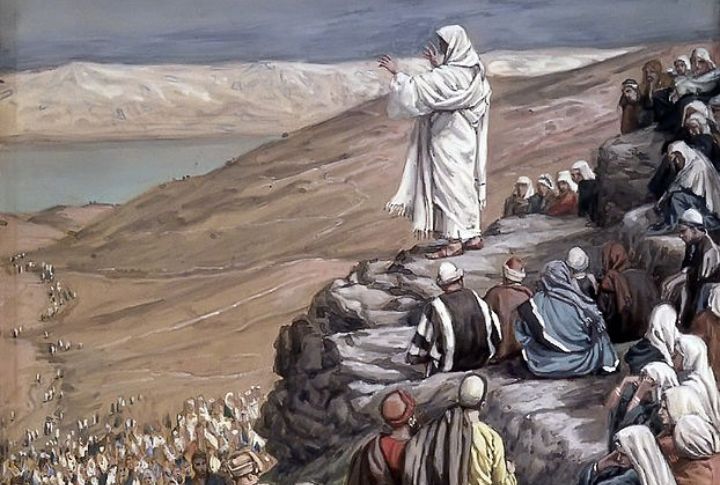
“Blessed Are the Poor in Spirit” opens Jesus’ most famous sermon. In Matthew 5:3, this puzzling phrase challenges pride-driven Greco-Roman ideals. Its meaning is widely debated—some tie it to humility in Isaiah. Rather than strength, Jesus exalts spiritual emptiness. It’s a bold reset of how worth is measured.
“The First Shall Be Last”
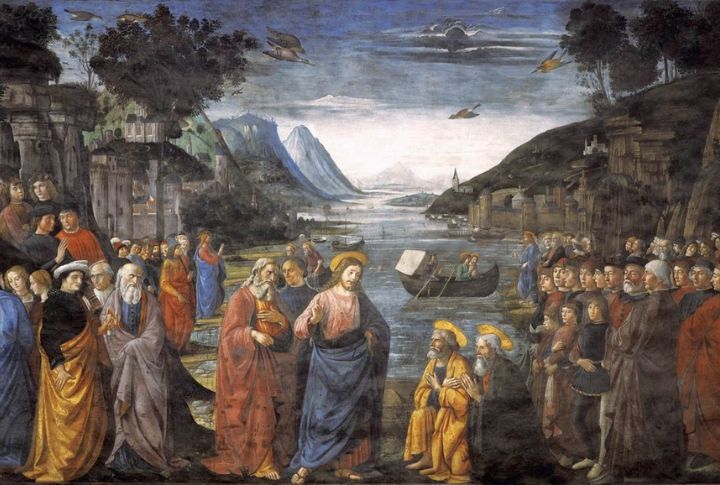
Jesus challenges societal order with “The First Shall Be Last.” Found in both Matthew and Mark, it follows stories that shocked ancient listeners, like equal pay for unequal labor. By flipping reward systems, Jesus rejected worldly rankings. Repeated across contexts, the phrase signals that God’s kingdom values humility, not clout.
“Let The Dead Bury Their Dead”
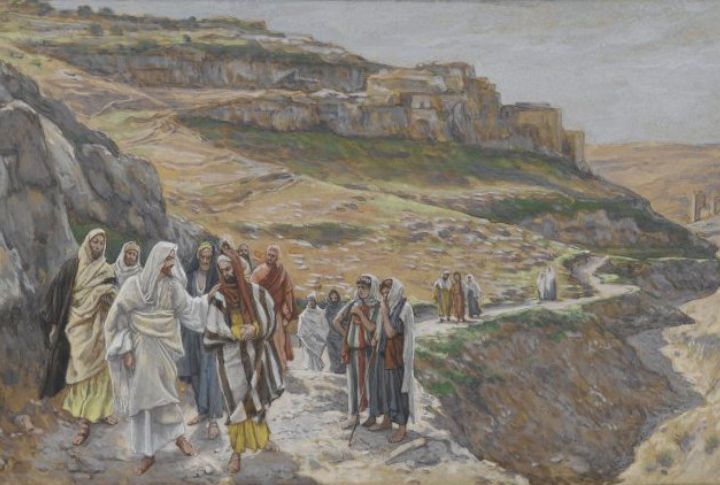
Ancient audiences were stunned by Jesus’ command to “Let the Dead Bury Their Dead.” Burial rites were sacred in Jewish life. Yet in Luke and Matthew, Jesus urged radical commitment over cultural duty. Scholars interpret this as a challenge to misplaced priorities, not a dismissal of love or family responsibility.
“I Came Not To Bring Peace, But A Sword”
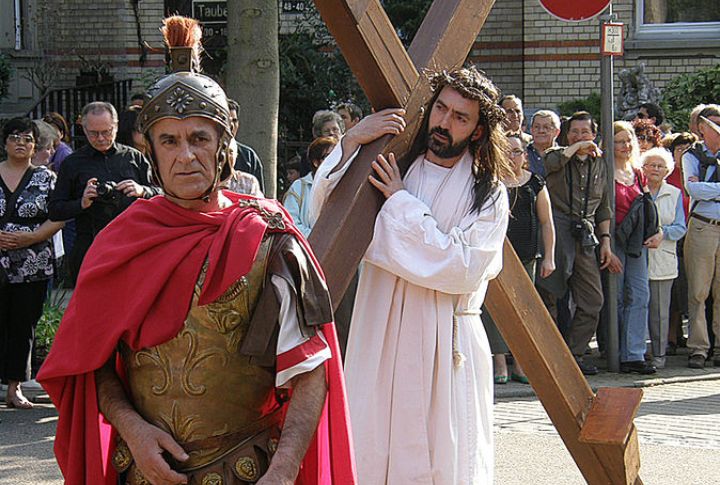
“I Came Not to Bring Peace, But a Sword” confronts readers with tension. In Matthew 10:34, Jesus pivots from peacemaker to prophet of division. The sword symbolizes conflict, not combat. Echoing Micah’s warning of family rifts, the line continues to challenge those who expect only harmony from faith.
“Whoever Eats My Flesh And Drinks My Blood”
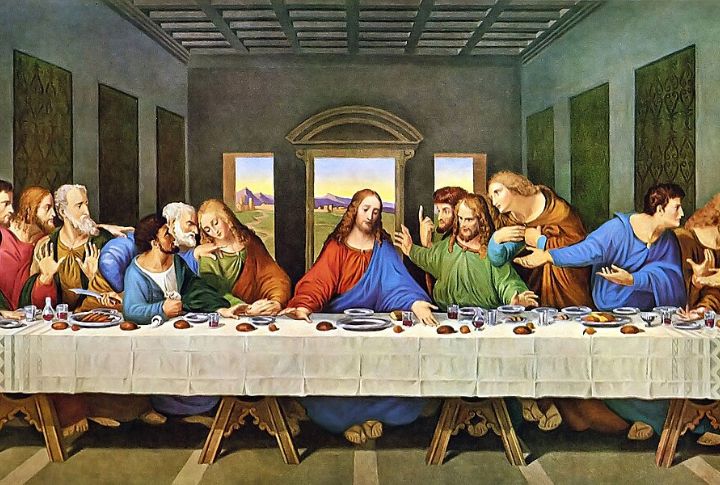
In John 6:53, Jesus says, “Whoever Eats My Flesh and Drinks My Blood.” Many walked away, disturbed. The phrase sits at the heart of Eucharistic doctrine, yet its graphic nature sparked misunderstanding. Even today, believers wrestle with its depth and symbolic complexity.
“Be Perfect, As Your Heavenly Father Is Perfect”
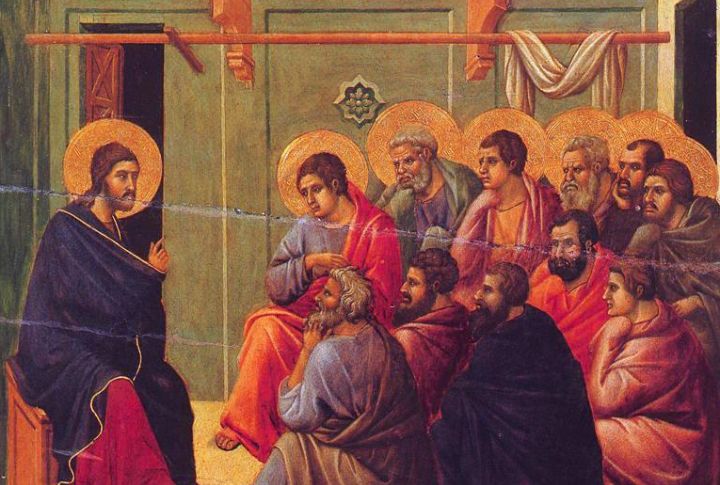
“Be Perfect” in Matthew 5:48 isn’t about flawlessness. The Greek teleios means whole or mature, not sinless. Still, the verse sparked centuries of theological debate. Augustine and Aquinas saw it as a call to perfect love. Newer translations reflect this nuance, using “complete” to soften its daunting weight.
“Render To Caesar What Is Caesar’s”
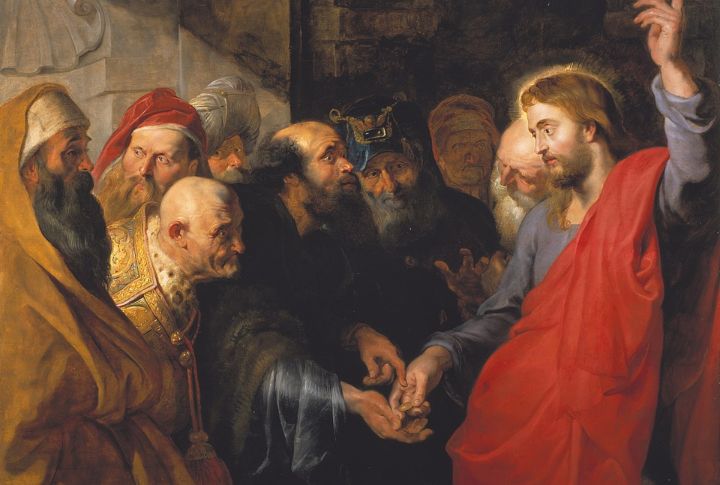
Asked about paying taxes to Caesar, Jesus replied with brilliance. In Matthew 22:21, he asked for a Roman coin—offensive to devout Jews—and delivered a line now used in politics and theology alike. “Render to Caesar,” sidestepped the trap entirely, leaving both religious leaders and Roman loyalists speechless.
“Let Him Without Sin Cast The First Stone”

Though almost excluded from early manuscripts, this saying became iconic. “Let Him Without Sin Cast the First Stone” is Jesus at his most piercing. In John 8:7, his words halted an execution and exposed hypocrisy. No one dared throw a stone, and all left, silenced—not just by mercy, but by truth.

